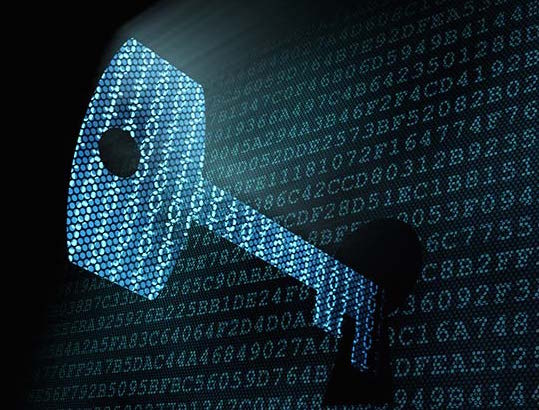Picking a weak password is like securing your property or valuables with a rubber lock. Our physical goods tend to get the care and security they deserve. But it’s somewhat surprising that most cannot say the same thing for their digital counterparts. The hackers can compromise our defenses with ease. And then you can prepare yourself for deleted files, data theft, malware infection, and all sorts of undesirable consequences. To lessen the chances of this happening, quit making the following common password mistakes.
1. Using Common Words
Common words like the name of your favorite band or a large retail store are easy to remember. But they’re also accessible for others to guess. And hackers know it very well. It’s referred to as a dictionary attack, a case where a hacker uses automated software to get access to accounts by using common words and phrases. As the name itself implies, they usually use the English dictionary as the source. But it’s easy to add other word lists on top of that. Thus, relying on witty combinations is no longer enough to keep you safe either.
2. Making Passwords Too Short
The brute force password cracking method is precisely that – trying to guess the password by trying every possible combination in existence. They start with a single character, then add one more and exhaust every possible combination on the list. After that, comes time for three characters, and so on. As you can see, the shorter the password, the faster it falls. That’s why the world’s most reputable institutions and banks now enforce an 8-character minimum length.
3. Not Including Any Numbers or Special Characters
The dictionary attack loves those who don’t bother throwing in a couple of numbers and special characters in the mix. The more any given word resembles any word in the dictionary, the easier it is to crack. Thus, special characters like %, uppercase letters, and numbers are an essential part of a strong password. And you don’t even need to come up with a complicated password yourself. There are tools like NordPass that make the process of coming up with a strong password as easy as pressing a single button.
4. Reusing The Same Passwords for Years
Have you been reusing the same passwords for years on end? It might make it easier on your memory, but by doing so, you’re paving the way for hackers to get in. Given enough time, hackers can crack even the longest and most secure passwords. After all, that’s how brute-forcing works. It tries every possible combination of characters until none are left. All while noting all the ones that didn’t work. Thus, you should take no chances and change your passwords on a regular basis. And never use the same password twice.
5. Bad Safekeeping Practices
Do you have your passwords written down on a piece of paper somewhere? Or maybe a notepad documents that’s resting on your desktop? Now is the time to ponder and reconsider if that’s the way you should be storing your passwords. Or any other sensitive data for that matter. Can anyone else access your office or PC? Then you should think about an alternative. You can use a dedicated password storage solutions or – at the very least – encrypt your passwords.
6. Incorporating Anything Associating With You
Does your password include your spouse’s name? Or your pet’s name, by chance? Perhaps it mentions the school you were going to when you were young? If so, a third party can research all of this. Yes, even the information that you’d usually keep private. If someone is willing to drill deep enough, even things like the name of your first crush can be discovered. Or guess if all else fails. So don’t be one of those poor souls who use the brand of their car as a password.
Conclusion
Your password is the master lock and the first line of defense against hackers and cyber-criminals. It protects your messages, payment information, browsing history, and everything else you hold valuable in a digital world. Make sure you use the best practices possible and make your passwords secure and resilient. Educating yourself is the first step, which you’ve completed upon reading this article. The rest is up to you.
Disclosure: We might earn commission from qualifying purchases. The commission help keep the rest of my content free, so thank you!




